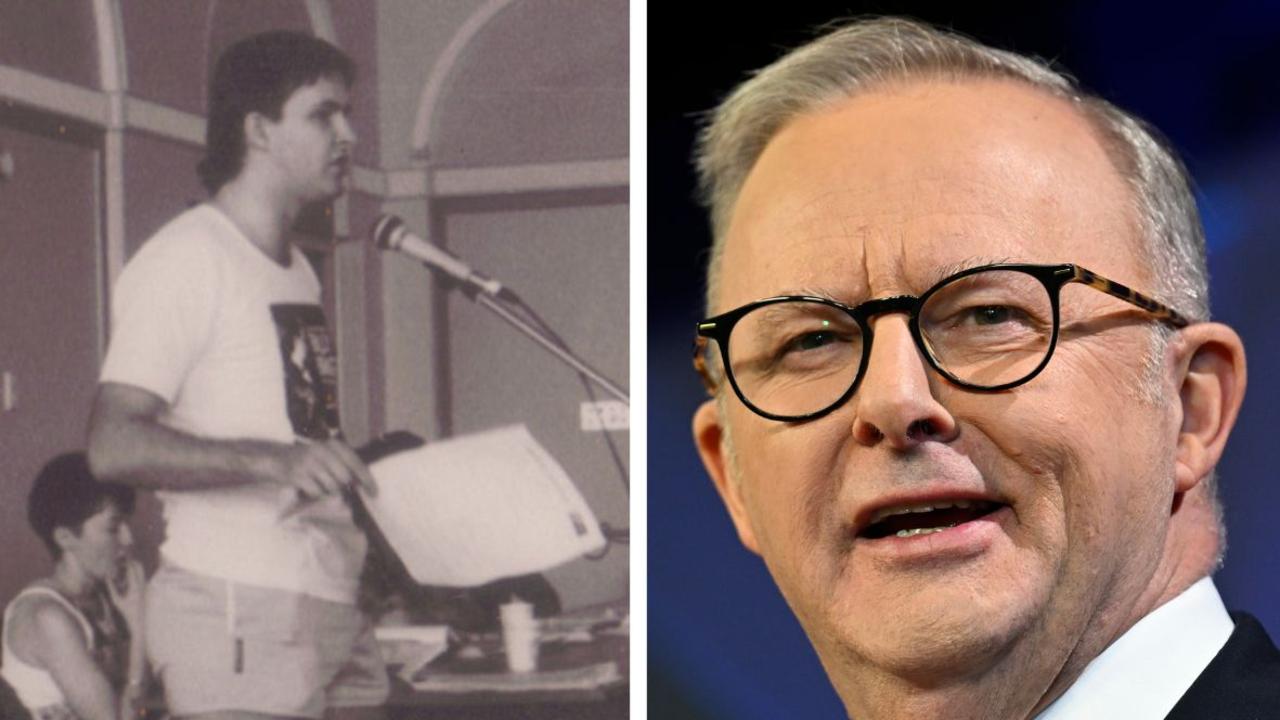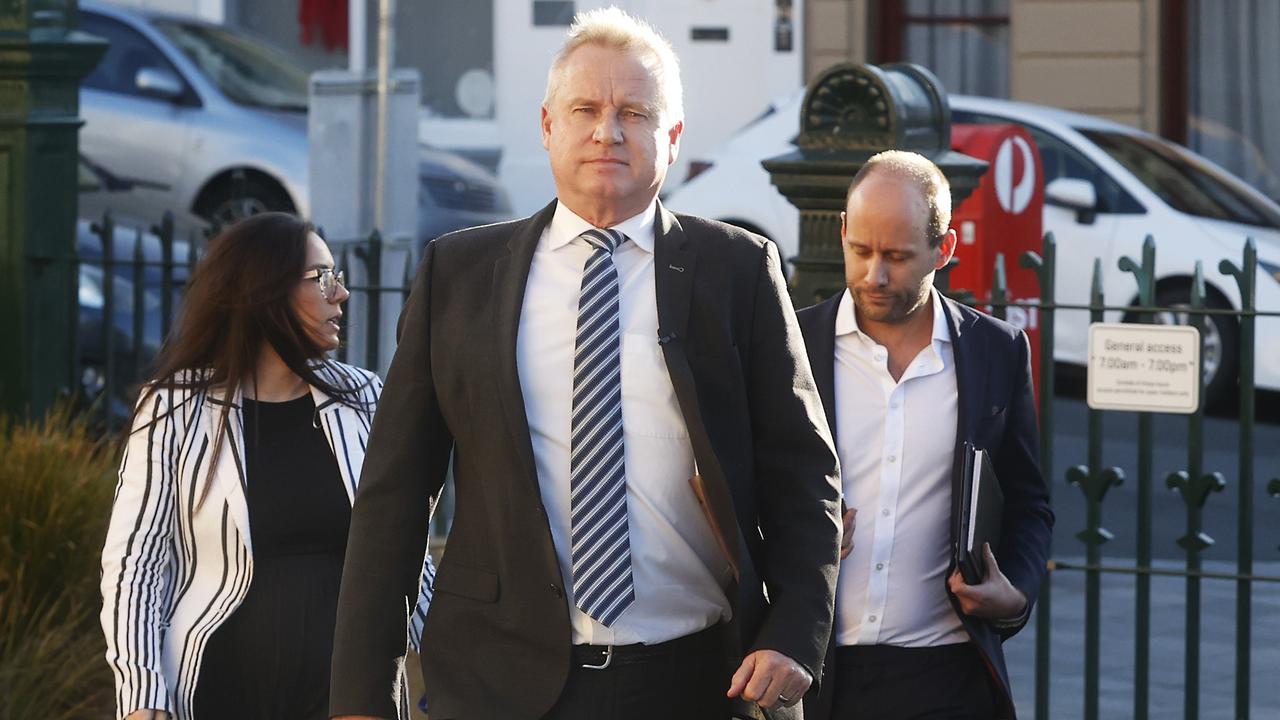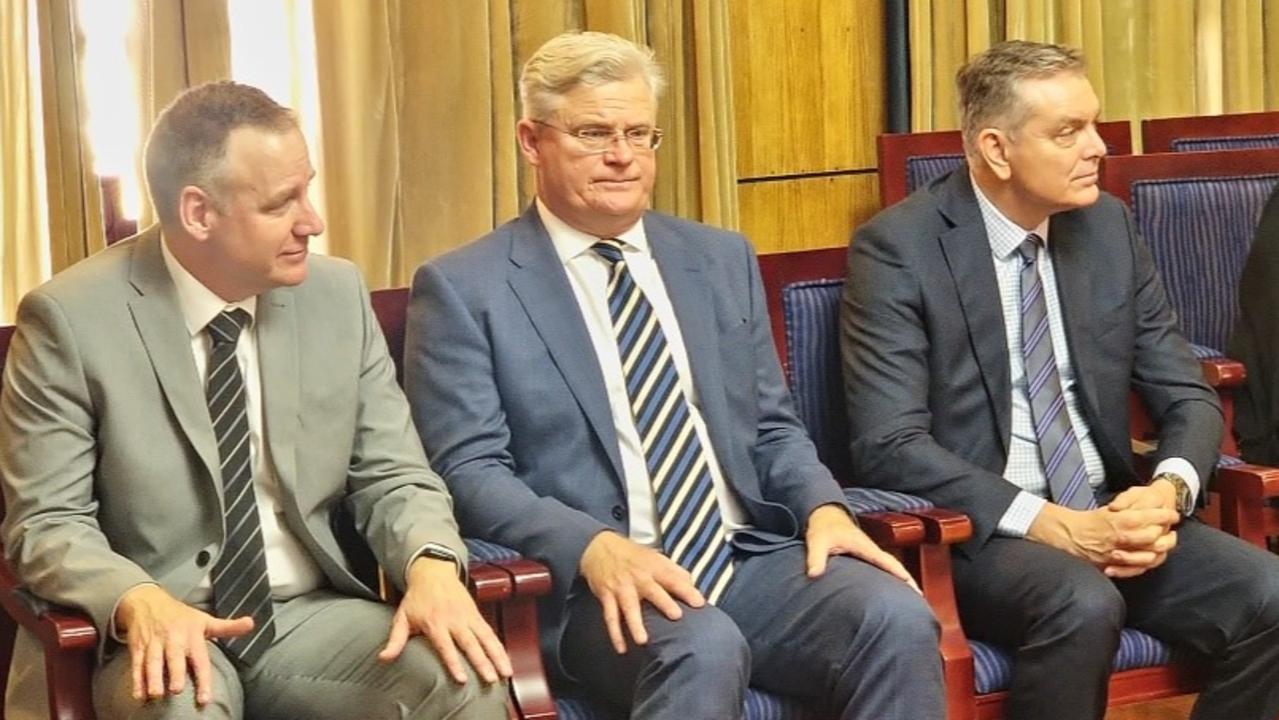By-elections in Australia have a checkered history
POLITICIANS are falling over themselves to be seen in Bennelong ahead of this weekend’s by-election — and history shows us why.
Leaders
Don't miss out on the headlines from Leaders. Followed categories will be added to My News.
BY-ELECTIONS have a capacity to wrench Australian politics into new territory which is why, for five weeks, we have witnessed the frantic wooing of the people of Bennelong.
Malcolm Turnbull knows the immediate fate of his government is at stake, as is his leadership.
And it is an ordeal he could have to go through repeatedly.
The Sydney electorate’s 90,000 voters have been called back to the ballot box because Liberal John Alexander was forced to quit because dual citizenship meant he was ineligible to sit in Parliament.
And there will be more by-elections on the way as other members fall to the citizenship requirements. Early 2018 is shaping up to be a season on special ballots, a by-election bonanza which could give Australia a new government or reinforce the existing one.
That’s what a single ballot could do. Imagine the disruption from a series of them.
This is why Prime Minister Malcolm Turnbull has been a constant Bennelong visitor and revealed himself as a no-holds-barred campaigner, producing his own history of Labor candidate Kristina Keneally, which has not matched what really happened when she was premier.
Opposition Leader Bill Shorten also has newly discovered the electorate and led a revival of the “Mediscare” campaign which served Labor well in the July 2, 2016, double dissolution election.
An anti-government swing would damage Mr Turnbull’s leadership. A loss would extinguish his authority and — in the short term at least — remove his government’s one-seat advantage in the House of Representatives.

But a win would give him more confidence, at least until the trials of citizenship resignations resume next year. And he would have greater freedom to make crucial ministerial changes when he comes to the reshuffle caused by the departure of two senior colleagues over constitutional matters.
In periods of less turmoil Mr Alexander’s return to Bennelong would have been a given. But by-elections can become emblematic of the times and herald a substantial shift in electoral power nationally.
There are plenty of instances.
In 1975 Lance Barnard, deputy to Prime Minister Gough Whitlam, quit his Tasmanian seat of Bass, and the result of the by-election rocked the government which had just been returned the year before.
It was won by Liberal Kevin Newman, father of Queensland’s one-term premier Campbell Newman. This marked the decline of the Whitlam government and its pretence of invulnerability was wrecked in the 1975 election.
The 1975 general election saw Liberal John Moore win the Queensland seat of Ryan. Over a quarter of a century later Mr Moore, miffed by a ministerial demotion, quit Parliament and a by-election was called.

The Coalition government of John Howard had eight months before it introduced the Goods and Services Tax and it wasn’t universally popular. Further, non-Labor state governments had just been trounced in Western Australia and Queensland.
The March, 2001 Ryan by-election was from quite early seen as a judgment on John Howard and his tax policy. And Labor won with a swing of close to 10 per cent — very similar to that needed for a change in Bennelong.
Federal Opposition Leader Kim Beazley was being seen as the next prime minister and the certainty might have been sealed at a second by-election in 2001 called after the death of Liberal Peter Nugent, MP for the Victorian seat of Ryan.
Again, the popularity of the Howard government and of the GST were driving issues. This time John Howard was given a break.
The Liberal Chris Pearce won Aston despite a 3.6 per cent swing against the government, and the Coalition continued for another six years.
Malcolm Turnbull wants his Bennelong to be an Aston, not a Bass.
Originally published as By-elections in Australia have a checkered history






